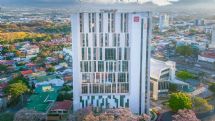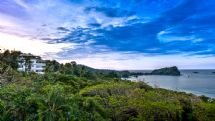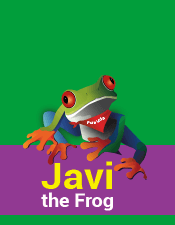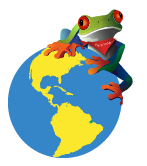What is the Meaning of Pura Vida?
Pura Vida written in the sand at Playa Negra in Puerto Viejo
One of the first terms you’ll notice when getting to Costa Rica is “pura vida.” These two words pretty much sum up everything that makes this Central American paradise so amazing. They literally mean “pure life,” but they have to do more with a type of living than a simple saying.
How Do Costa Ricans Use “Pura Vida?”
Chances are that you’ll hear “pura vida” from friends and friendly people all over Costa Rica. It’s our way of saying hello, making you feel welcome or saying goodbye in a happy way.
Don’t be surprised if you see people on the street telling each other “pura vida” instead of the “buenos días” or good morning you would hear in other Latin American countries. In Costa Rice, everyone is very friendly, so you’re going to run into this expression A LOT.
How should you respond? First, give the person a big smile. In fact, you may as well get used to smiling a ton in Costa Rica. People are happy and the surroundings are gorgeous, so there are always plenty of reasons to celebrate life. Even when little things go wrong, focusing on the big picture reminds you that there are tons of things to feel thankful for.
Next, say “pura vida” back. Then, you should maybe clap them on the shoulder or do a fist bump or grab their hand or something. The idea is to show some affection however you normally do. It doesn’t take long before you make lots of friends and get adopted as a genuine “Tico” when you come to Costa Rica.
There are a couple of other ways this awesome expression pops up too. In fact, “pura vida” is pretty much the answer to any social situation you run into:
- ¿Cómo estás? (How are you?): If someone asks you this, you can answer “¡pura vida!” It’s a way of saying that you’re doing great, or that you feel amazing.
- ¡Muchas gracias! (Thank you so much!): When you give friends a present or do something nice for people, they’ll probably say thank you. In this case, you can respond “pura vida” as a way of saying “you’re welcome.”
- Disculpe, estoy tarde. (Sorry I’m late): If a friend is embarrassed over something or apologizes for arriving late, tell them “pura vida” to let them know you’re not upset. Costa Ricans use it to mean “it’s OK,” or “no problem.”
- ¿Estás bien? (Are you OK?): If you trip, slip or fall in the mud, people will probably ask if you’re alright. Saying “pura vida” is a way of telling people that you didn’t get hurt.
- Perdimos tus maletas. (We lost your luggage): Did something happen that is totally infuriating? Normally, you would get really upset, but this is Costa Rica! If you want to face problems like a “Tico,” you may need to relax a little. Take a deep breath, sigh and then say “pura vida.” It’s like saying, “oh, well,” or “I guess that’s life.”
Actually, this Latin American version of “c’est la vie” is a big reason why Costa Rica is such a peaceful, laid-back place. “Pura vida” is more than an expression; it’s a choice. Here’s why it’s so important to Costa Ricans:
Living the “Pura Vida” Lifestyle
Remember “hakuna matata” from The Lion King? “Pura vida” is the Costa Rican version of that laid-back philosophy. Being in Costa Rica makes it pretty easy: We have an excellent quality of life and we live in the middle of a country with lush valleys and crystal-blue shores.
“Pura vida” is a tiny bit of wisdom that changes the way Costa Ricans look at the world. If you try it out, we’re willing to bet it will work for you too. Here a five parts of living like a “Tico”:
- Focus on what’s important in life: Family, friends, gorgeous vistas and tasty food are all worth more than electronic gadgets. Living the good life is more about who you spend it with than how much you have.
- Don’t sweat the small stuff: Irritating things happen to everyone sometimes, like a rainstorm when you just washed your car or a mistake at work. However, a Costa Rican would say “pura vida” to all of it. After all, if you’ve got your health, your family and a beautiful country, does it really matter if someone else shows up late?
- Stop and smell the volcanic-soil-cultivated coffee beans: Don’t forget to take some time to enjoy life’s simple pleasures. Even your morning cup of coffee can put a huge smile on your face (especially if you add a little bit of sugarcane liquor) with the right attitude. Whether you’re visiting Costa Rica alone or with friends, step back from the camera for a moment to savor the experience itself. Take in the jungle sounds, notice how majestic everything is and feel the tropical sand in between your toes.
- Always take time to relax: You’re important too. Taking care of your kids and your family is a good thing, but you also deserve a spa visit and professional massage from time to time. Setting aside time to relax isn’t a luxury — or at least it shouldn’t be.
- Don’t be in such a hurry: “Pura vida” also means to slow down a little. It’s not about showing up late to places; it’s about not looking at the clock in the first place.
Where in the World Did “Pura Vida” Come From?
Who knows. That’s what most people will tell you if you ask. This question is like asking Americans why New York is called The Big Apple or why hot dogs are an essential part of baseball. They just are!
For Costa Ricans, “pura vida” has been a part of our lives for as long as we can remember.
One possible source of the expression may be a movie made in 1956 called Pura Vida. It was a Mexican film starring Antonio Espino, a comedian with a happy-go-lucky attitude about life and people. Other people think “pura vida” may be what immigrants who settled in Costa Rica said when they discovered such a peaceful place.
The truth is that you don’t have to know exactly what “pura vida” means in every situation to use it effectively. The important thing is to give it a try. If you make a mistake, guess what? “Pura vida!”
7 Days / 6 Nights
Starting at $978 per person
10 Days / 9 Nights
Starting at $1,440 per person
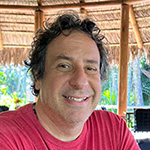



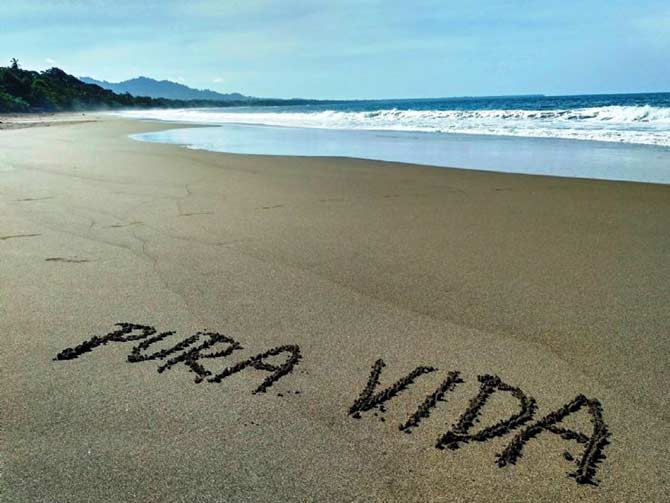
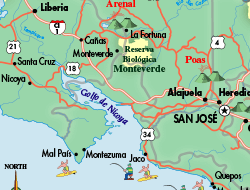
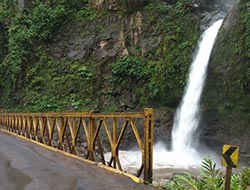
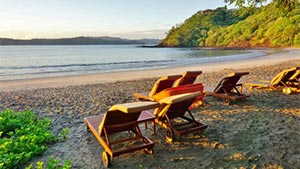
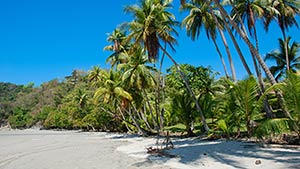

.jpg)
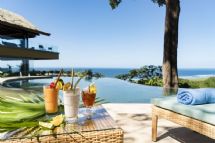
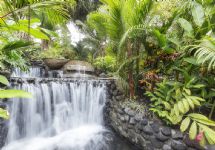
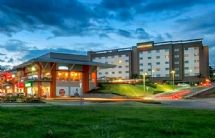
.jpg)
